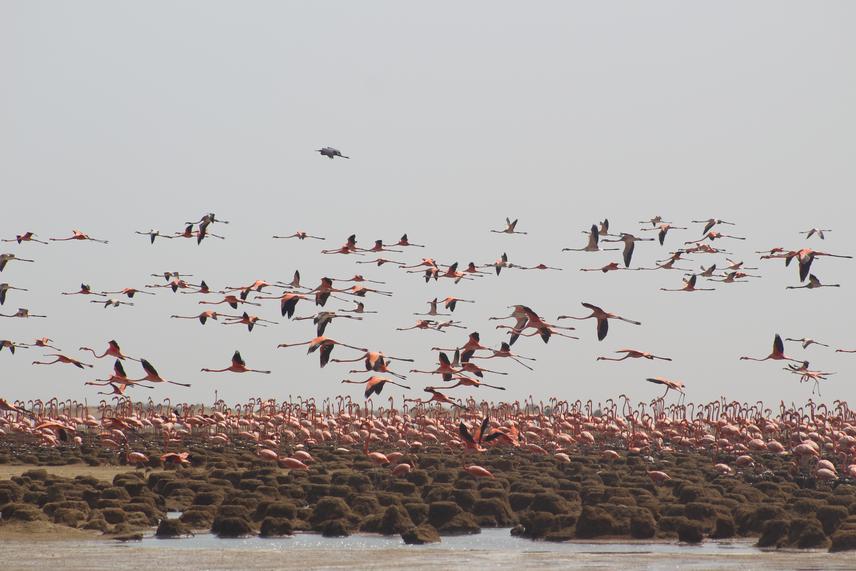Social media video featuring the project.
Video workshops Zulia's kids
15 Jan 2021 Zulia, Venezuela, Central and Latin America Biodiversity | Birds | Education | Habitats
Defining Conservation Priorities of Seasonally Dry Tropical Forest, One Ecosystem Globally Threatened: Conservation Insights under Future Global Climate Change
Maximizing Species Protection in the Zulia State under Global Climatic Change: Bridging Species Richness and Priorities Conservation for Bird Communities
Global climate change (GCC) and land-uses are threatening the species richness patterns across the state of Zulia, where the representative levels of avifauna within Protected Areas (PAs) are inadequate. This scenario highlights the challenges that GCC and land-uses imposes to conservation policies and decisions in the region. Therefore, I will assess the spatio-temporal changes for taxonomic, phylogenetic and functional biodiversity patterns in bird assemblages and produce a conservation action plan (engaging local communities, national and international organizations) based upon the findings. This information will contribute to create a more representative and efficient PAs network with a social scope for the region.

Educational talk. © David A. Prieto-Torres.
The major interest in this research born five years ago when I started studying the climate change effects in Neotropical areas, such as Zulia state, where a great biodiversity is concentrated but conservation efforts are not enough. During these years, I realized that: (1) diversity patterns may change not-uniformly due to species turnover and extinctions; thus, novel communities with unknown ecological properties may arise in the near term; (2) there are multiple information gaps about the biota throughout the region and, consequently, inadequate representativeness levels of avifauna within Protected Areas; and (3) promoting the creation of new conservation areas (engaging local communities and promoting biological corridors) should be considered a high priority measure for the mitigation of this threat.
However, the management and creation of conservation areas must include integrative information about all biodiversity levels (not only species survey). Therefore, I asked myself whether the patterns of both taxonomic, phylogenetic and functional biodiversity patterns in bird assemblages could change simultaneously favouring a biotic homogenization or heterogenization under future climate scenarios. This is important because it could represent a measure that incorporates the role of species in an ecosystem and, therefore, its dynamics and resilience.
In order to attend this, I will apply an approach based in the systematic conservation planning (i.e. conservation goals), species distribution modelling (considering the birds’ species richness and their possible responses to climate change) and traditional metrics of beta-diversity for Sorensen’s index, in order to assess how GCC could drive alterations in both alpha and beta taxonomic, phylogenetic, and functional (including the birdsong frequencies and acoustic diversity) diversity for bird assemblages across their distribution in the region and within current protected areas. The results obtained from this study could be used for new land-use planning and beta diversity conservation efforts. In fact, this empirical information will help create local and international awareness of the endangered status of biodiversity in the Zulia state, and will allow the updating of the conservation status (by identifying threats and the actual role of the protected area) to highlight those areas that require immediate and future action for conservation.
Additionally, the Conservation Action Plan that will be based upon the findings of this study, will set the guidelines for effective conservation strategies in the area. These strategies will promote a social scope that considers restoration and sustainable development to maximize the protection of the functioning and services provided by the ecosystems.
Social media video featuring the project.
Video workshops Zulia's kids